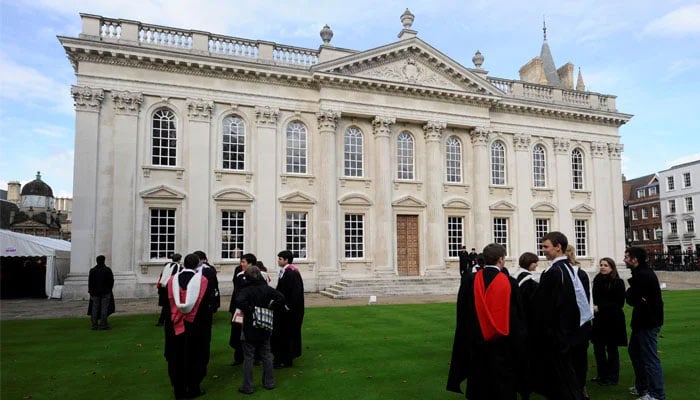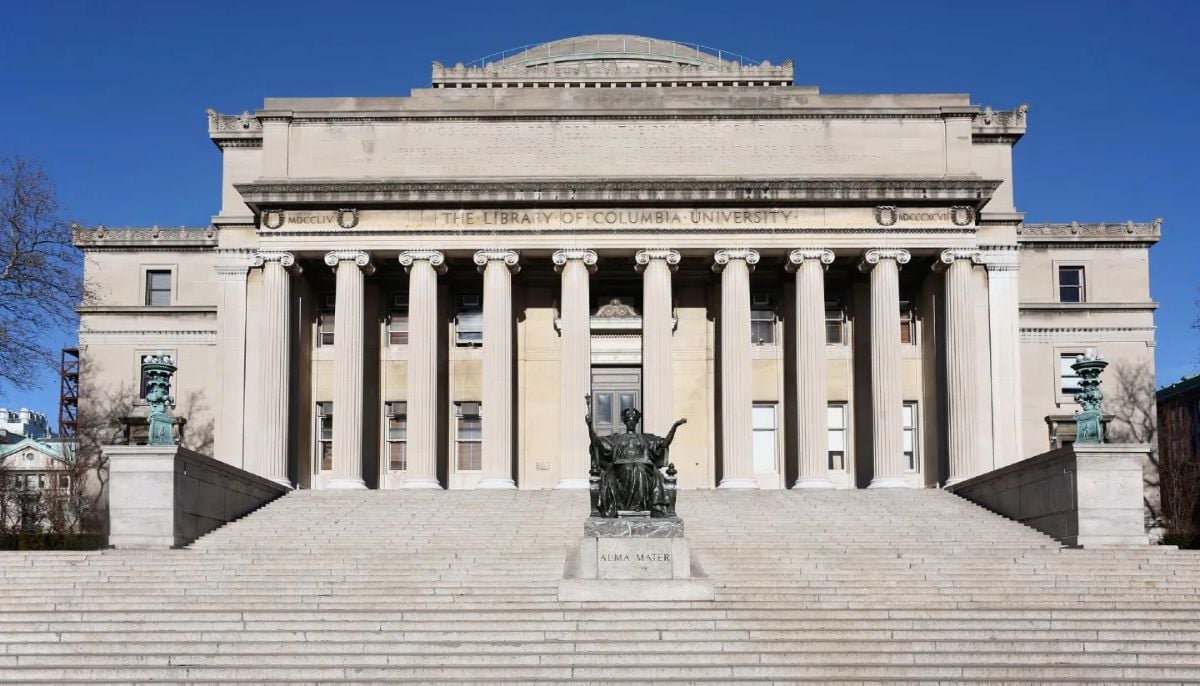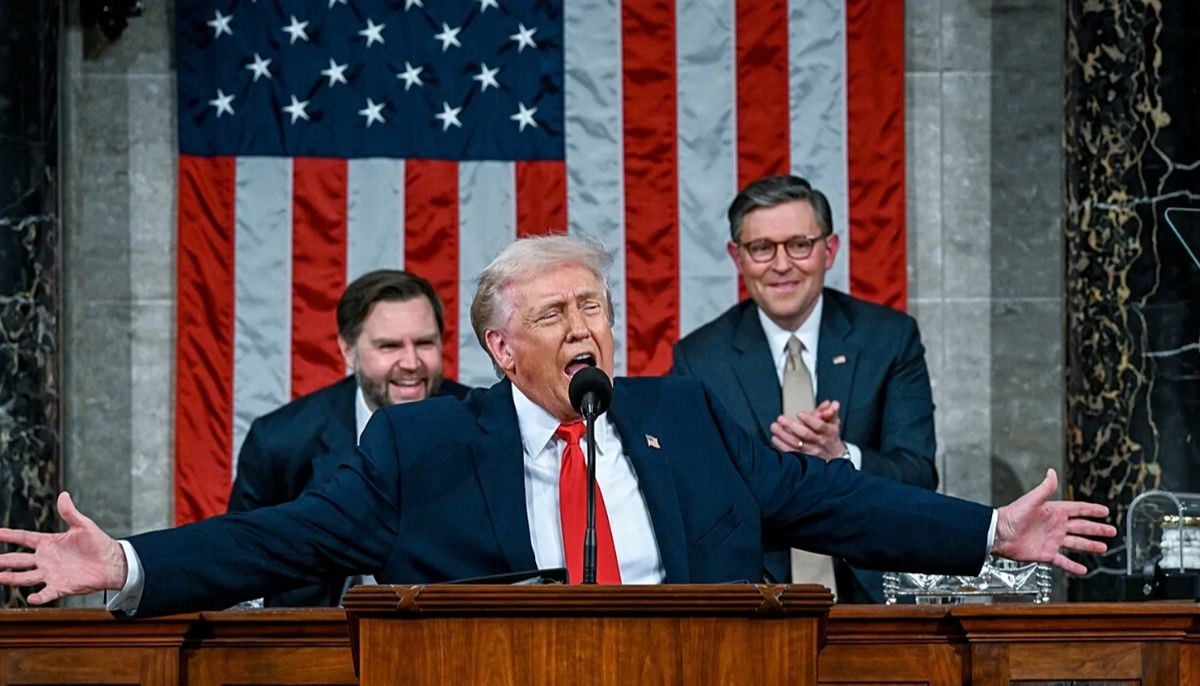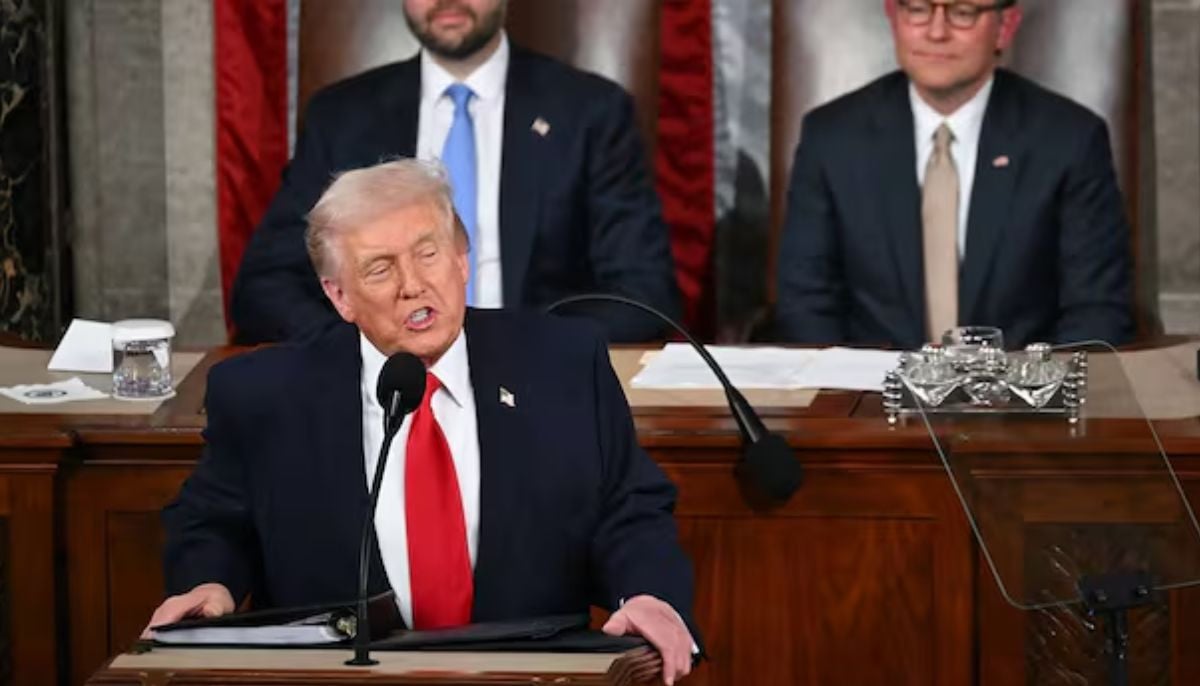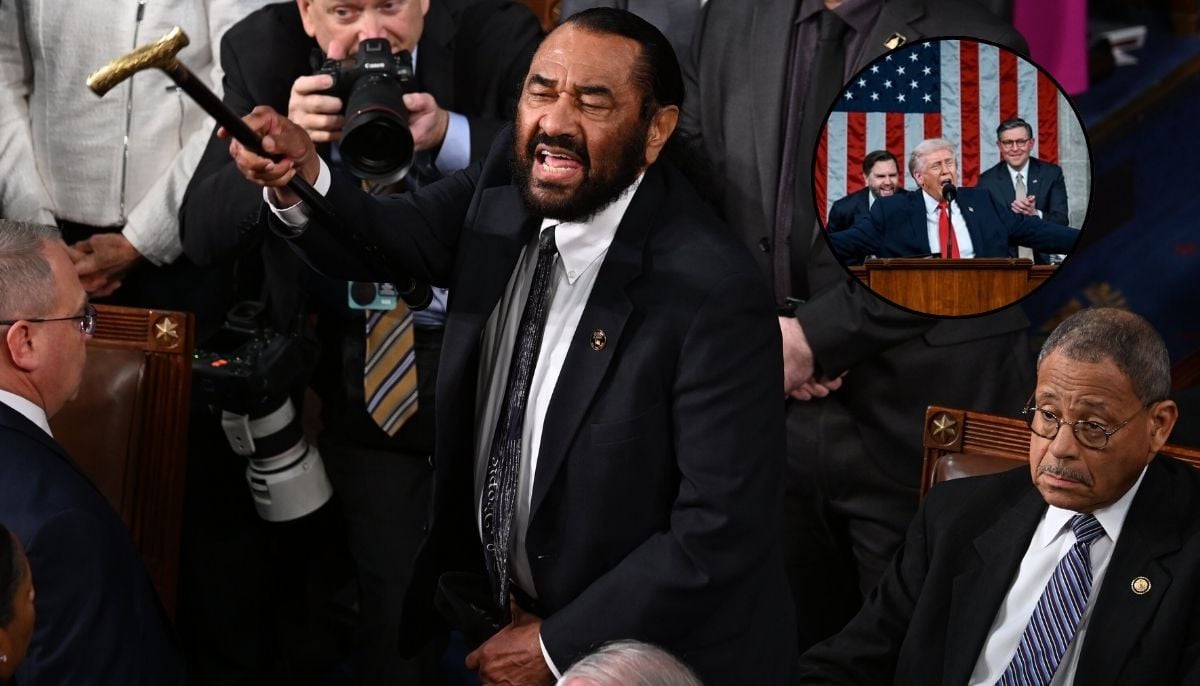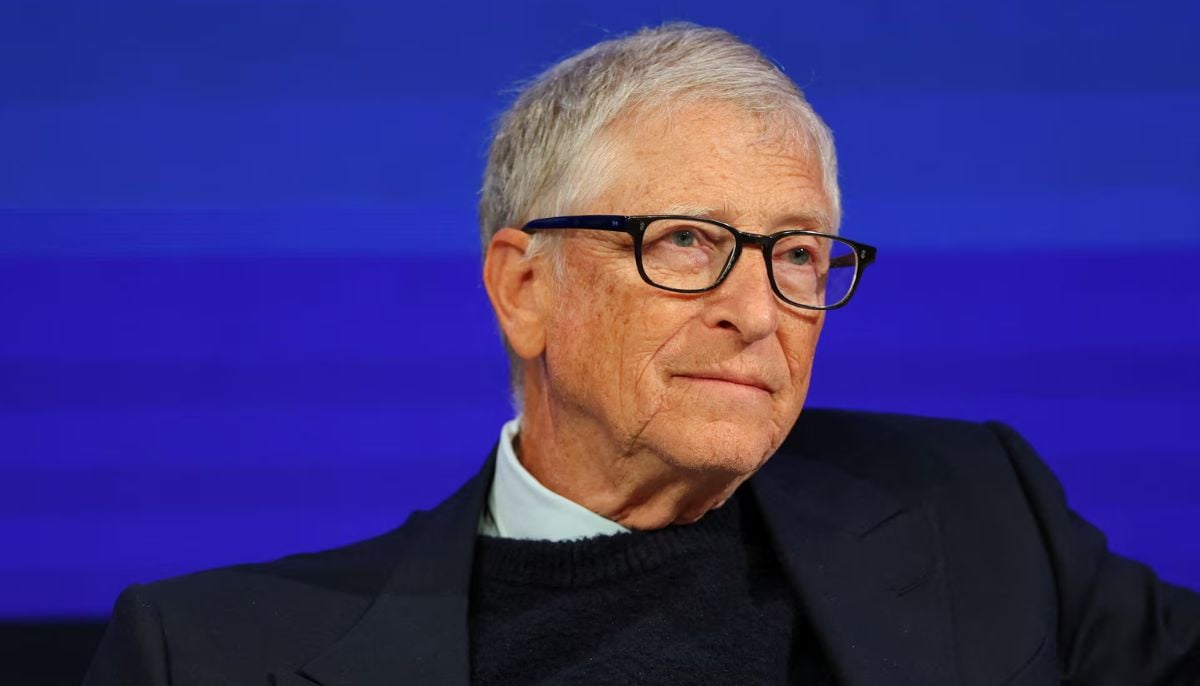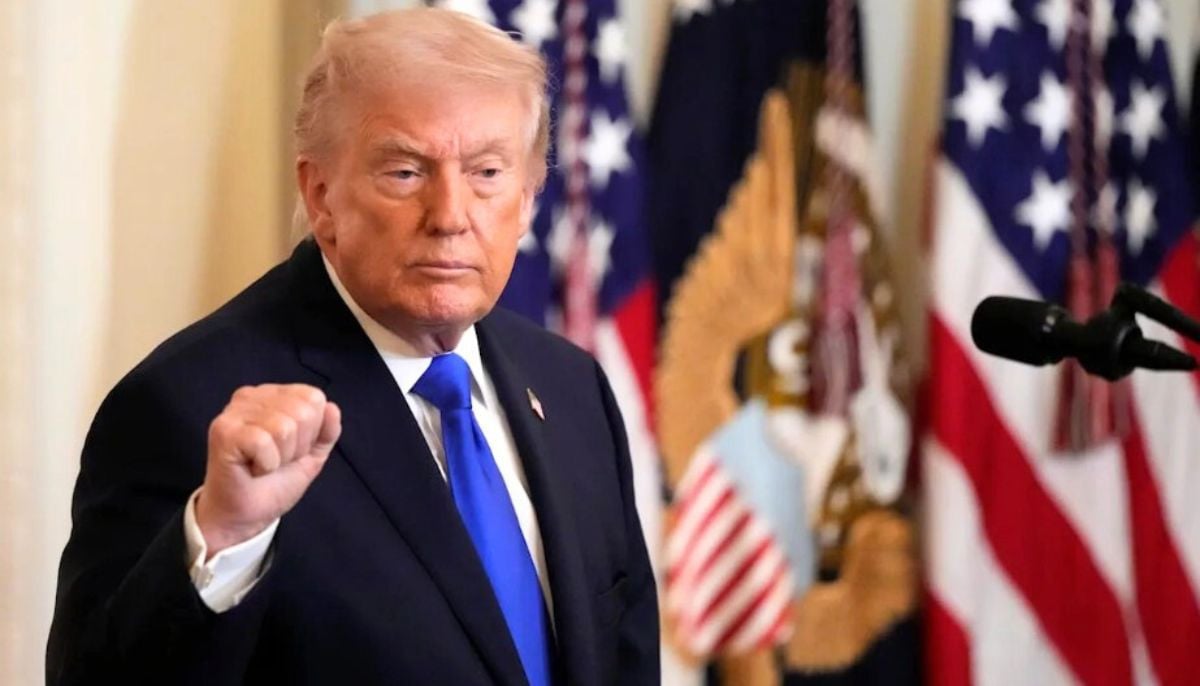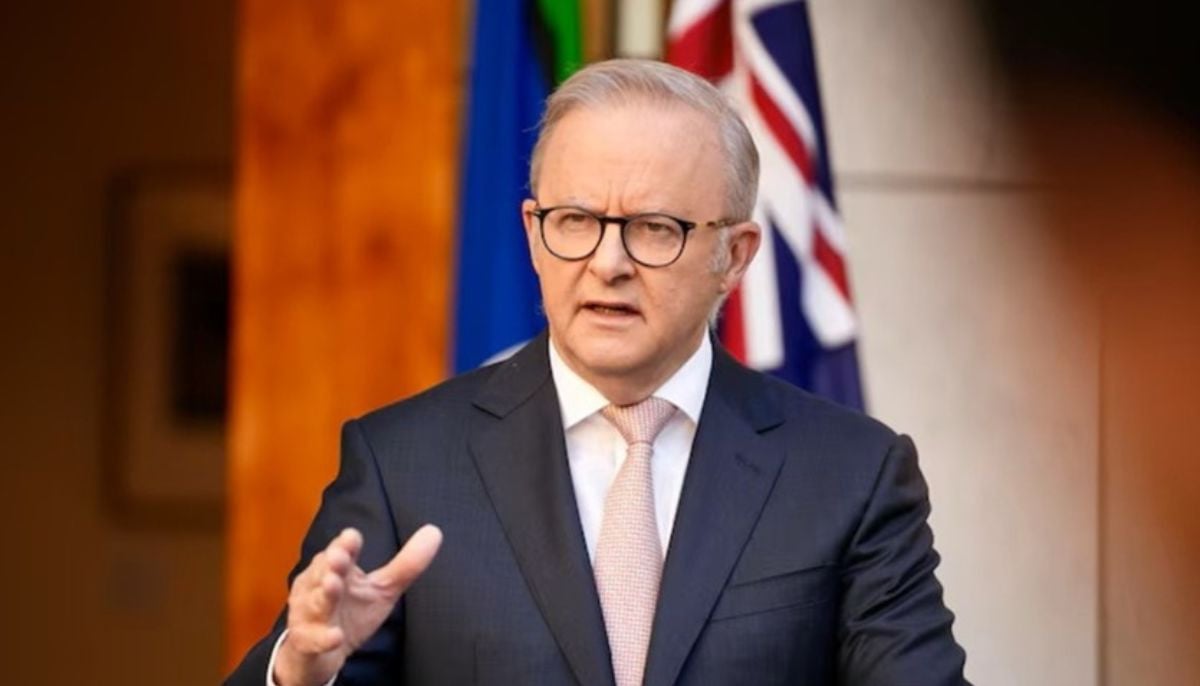Universities' tuition fees raised in England for first time after 8 years
3.1 percent hike is attributed by university leaders to a crackdown on immigration
Britain's Labour government Monday announced that university tuition fees in England will be increased for the first time in eight years, amid significant financial challenges faced by higher education institutions, AFP reported.
The 3.1 percent hike is attributed by university leaders to a crackdown on immigration, which has further limited international student enrollment already affected by the UK's exit from the European Union.
Education Secretary Bridget Phillipson stated that the cap on tuition fees for domestic undergraduate students at English universities will rise by £285 in August 2025, bringing it to £9,535 ($12,350).
The cap has been set at £9,250 since 2017.
The amount available in maintenance loans, which help students with general living costs, will also rise by 3.1 per cent.
Phillipson said the new government, elected in July, was taking "the tough decisions to restore stability to higher education".
Labour has blamed the conservative Tory party for leaving it a dire inheritance across various sectors including the economy, health service and prisons.
Last week the centre-left party announced tax hikes to raise £40 billion in its first budget in almost 15 years.
University tuition fees were first introduced in Britain by former Prime Minister Tony Blair's Labour government in the late 1990s.
In 2012, the Conservatives tripled the maximum that universities could charge to £9,000. It then kept the cap at £9,250 for seven years, despite soaring inflation.
Labour's new Prime Minister Keir Starmer had pledged to scrap tuition fees when he ran for the party leadership in 2020.
The devolved administrations in Scotland, Wales and Northern Ireland have policy-making powers over education and set their tuition rates.
Fears of shortfalls
Universities UK (UUK), which represents 141 British higher education institutions, welcomed the increase as "the right thing to do".
"Thriving universities are essential to a thriving UK," UUK Chief Executive Vivienne Stern said in a statement.
She called the nearly decade-long freeze in fees "completely unsustainable for both students and universities".
The UUK has warned that all of its members are "feeling the crunch" from restrictions on visas for international students.
They typically pay more in tuition fees than their domestic counterparts and have become a lucrative source of income for many institutions.
But the former Conservative prime minister Rishi Sunak imposed restrictions on overseas student visas, banning many from bringing their families, as part of a crackdown on record levels of immigration.
In the first four months of 2024, there were 30,000 fewer applications from overseas than in the same period in 2023, according to official statistics.
Universities have been warning for months about the effect on their finances, with fears that shortfalls could require them to cancel courses or force some to close altogether.
Sally Mapstone, the president of UUK, told the group's conference in September that the current deficit in the sector was £1.7 billion for teaching and £5 billion for research.
The National Union of Students welcomed the increase in maintenance loans, which it has advocated for years.
But its vice president for higher education, Alex Stanley, demanded an "urgent review" of higher education funding, saying the sector was "in crisis".
"Universities cannot continue to be funded by an ever-increasing burden of debt on students," he said.
-
Japan plans missile deployment near Taiwan by 2031 amid growing regional tensions
-
Trump delivers longest State of Union address in history: Inside key details on economy, security and global strategy
-
Trump’s 2026 State of Union address: Inside key takeaways, major policy shifts & top announcements
-
Rep. Al Green removed from House chamber during Trump’s State of Union address: Here’s what happened
-
Bill Gates breaks silence on Epstein links, ‘took responsibility for his actions’ during town hall meeting
-
President Donald Trump delivers the traditional State of the Union address to Congress
-
Australia: Bomb threat behind evacuation of PM Anthony Albanese linked to Chinese dance group
-
Applebees closures expand with Glenville restaurant closing for good after 10 years
